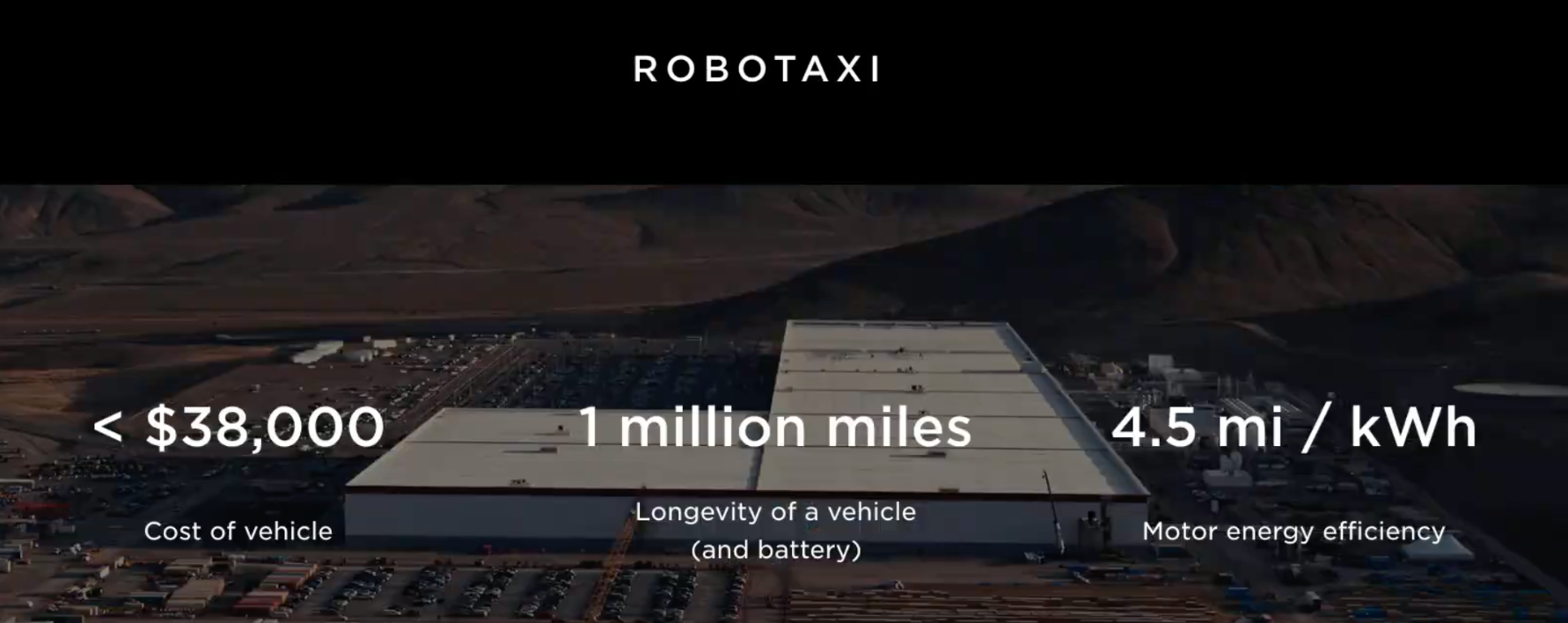In a filing to the Canada Energy Regulator (CER), Trans Mountain also said the interim toll proposal would result in the pipeline operator absorbing two-thirds of the construction cost increases for its long-delayed expansion project.
The expansion would nearly triple the flow of crude from Alberta to Canada’s Pacific Coast in British Columbia to 890,000 barrels per day, and is due to start up in 2024. Construction has been beset by delays and a nearly quadrupling of its costs to C$30.9 billion ($22.84 billion).
Trans Mountain wants to recoup some of those costs from shippers and set tolls based on a formula outlined in an earlier agreement.
“The approved toll methodology is essentially a cost risk-sharing framework, and Trans Mountain’s applied-for interim fixed tolls would result in Trans Mountain bearing more than two-thirds of the construction cost increases for the project since 2017,” Trans Mountain’s lawyer Sander Duncanson said in the filing.
Duncanson said the CER should approve the tolls on an interim basis, subject to further assessment in a later hearing.
“There is no evidentiary or legal basis for the (CER) to relieve the shippers from their corresponding obligations under the (agreement),” Duncanson said.
Shippers who have argued for tolls based on other factors include Canada’s biggest oil producer Canadian Natural Resources and PetroChina.
The Trans Mountain expansion could be delayed by up to nine months if regulators do not approve a route deviation request, Trans Mountain told the CER this week.
(Reporting by Rod Nickel in Winnipeg, Manitoba)
Share This:




